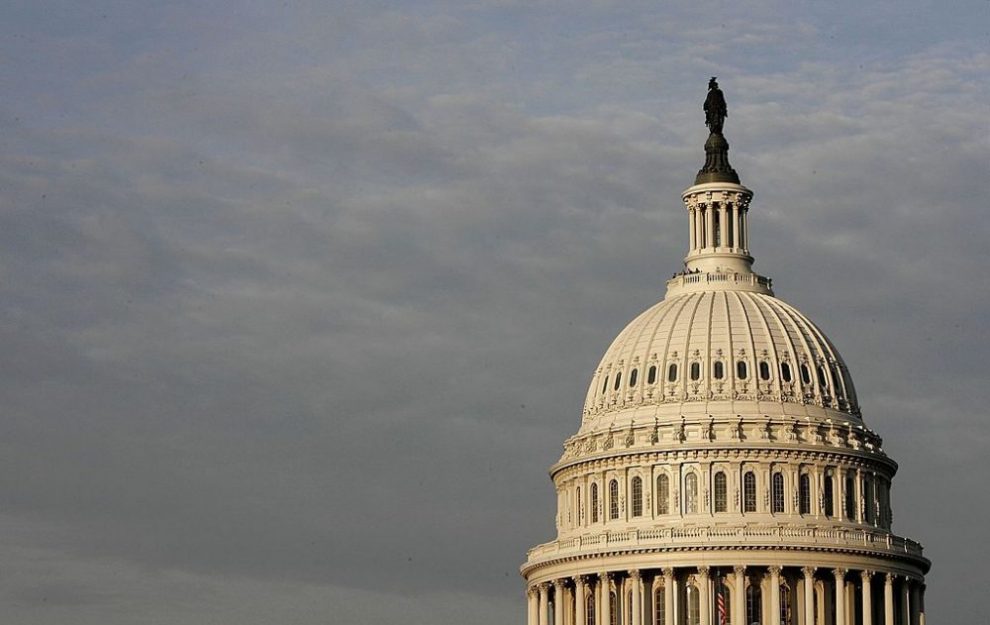A new analysis says that President Biden’s Build Back Better legislation would cost $4.9 trillion — well above its public $1.75 trillion price tag.
After Democratic leadership had difficulty winning moderate lawmakers like Sen. Joe Manchin (D-WV) and Sen. Kyrsten Sinema (D-AZ) to their $3.5 trillion reconciliation bill, a smaller package was introduced. The most recent version of the legislation drops paid family leave, but retains universal preschool, childcare subsidies, and climate change initiatives.
Though the bill has a $1.75 trillion face value, the Committee for a Responsible Federal Budget released a report on Monday stating the true cost may be $4.9 trillion due to a number of “arbitrary sunsets and expirations.”
The Build Back Better Act relies on a number of arbitrary sunsets and expirations to lower the official cost of the bill. These include extending the American Rescue Plan’s Child Tax Credit (CTC) increase and Earned Income Tax Credit (EITC) expansion for a year, setting universal pre-K and child care subsidies to expire after six years, making the Affordable Care Act (ACA) expansions available through 2025, delaying the requirement that businesses amortize research and experimentation (R&E) costs until 2026, and setting several other provisions – from targeted tax credits to school lunch programs – to expire prematurely…
We estimate extending expiring parts of the Build Back Better Act would cost over $2.5 trillion, increasing the total cost of permanent extension of the bill to above $4.9 trillion.
In its current state, the Committee for a Responsible Federal Budget says that the legislation will increase federal deficits by $800 billion over the next five years and $200 billion through 2031. If provisions of the legislation are made permanent, however, deficits would rise by $3 trillion over the next decade.
Many have expressed concern that the multitrillion-dollar package may drive additional inflation.
Former Democratic lawmaker and presidential candidate Tulsi Gabbard, for example, said that the bill “is only going to make the problem worse, our government is already too powerful, it is already too bloated.”
““And what this bill is going to do is make inflation worse, it’s going to increase the national debt, it’s going to make things harder for small businesses,” she continued. “And ultimately, it’s going to make people more dependent on a government that already is encroaching too much in every, almost every part of our lives.”
“So, I think it’s more important to actually start to look at how do we actually solve the real problems here, rather than the direction they’re taking, which is, hey, let’s just throw more money at it and think that government is going to be the answer to everything when we know for a fact that it’s not.”
Meanwhile, Biden administration officials have argued that certain provisions of the bill would mitigate higher costs of living through new federal programs.
White House Press Secretary Jen Psaki asserted last week that “economists across the board also agree that the president’s economic agenda — the Bipartisan Infrastructure Bill that he will sign on Monday and the Build Back Better Bill that we’re working to move forward — will not add to inflationary … pressure, and will ease inflationary pressure over the long term.”
Story cited here.
























